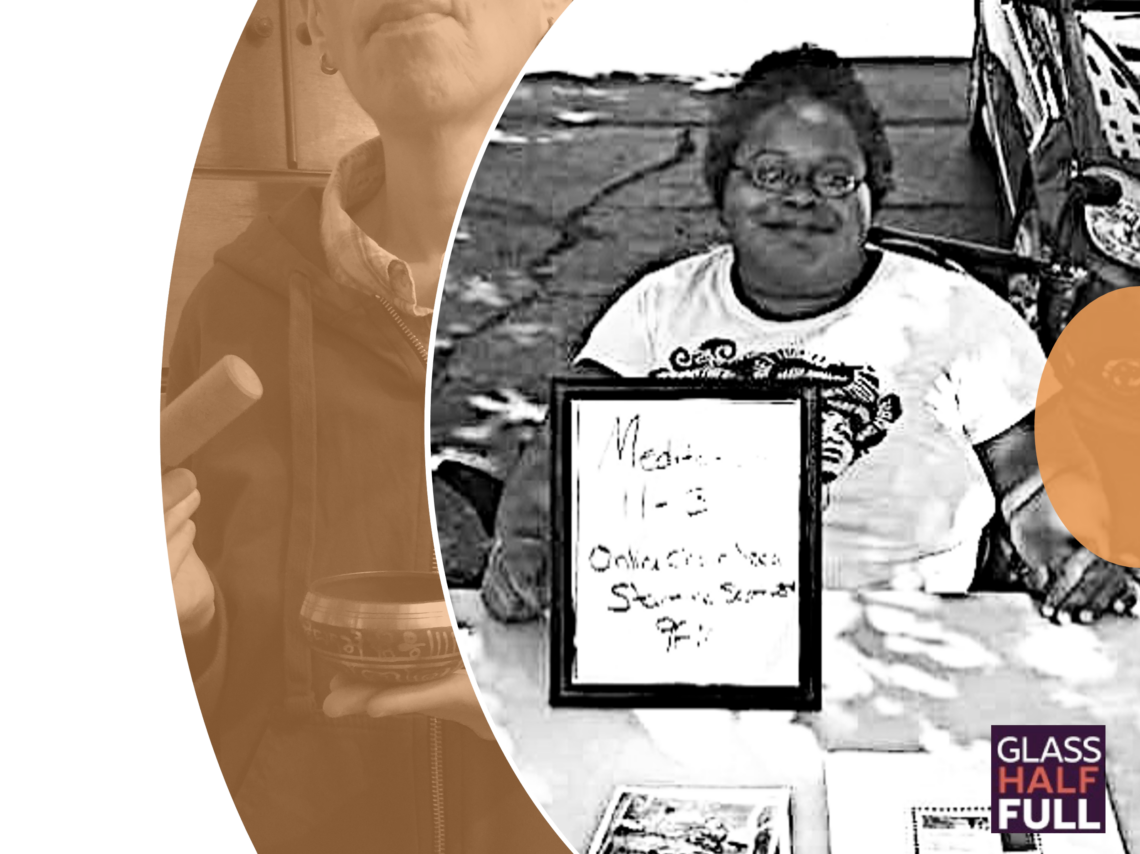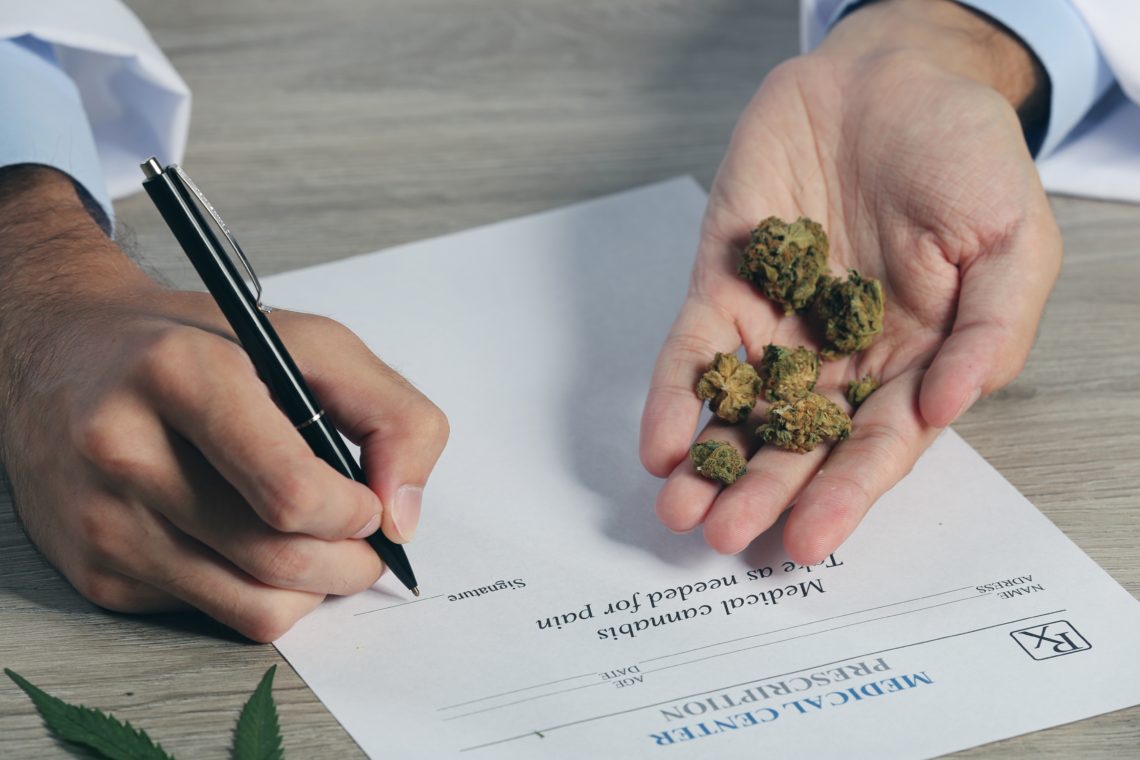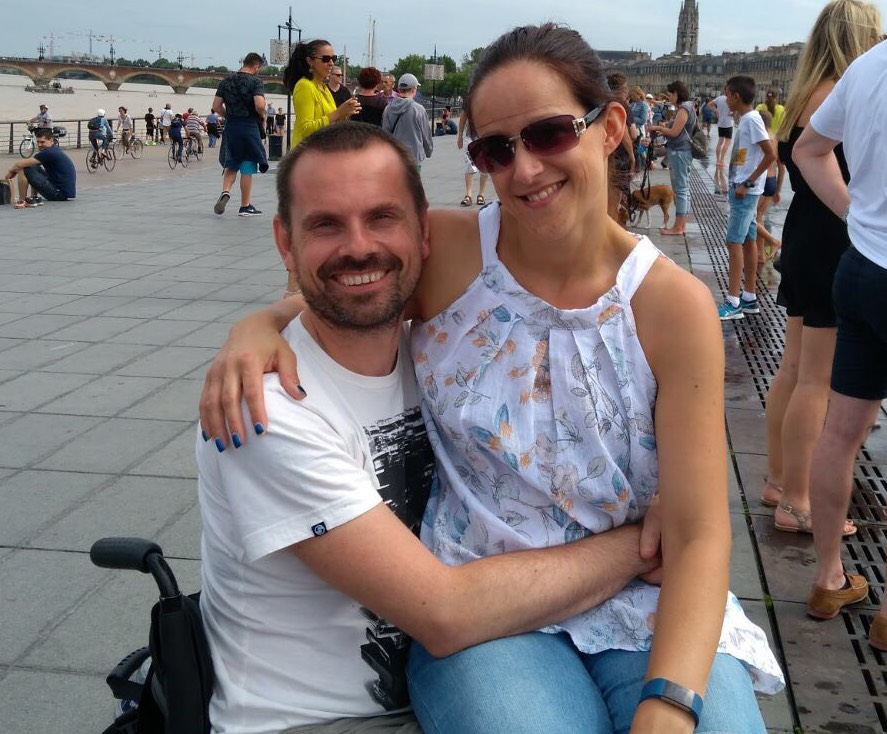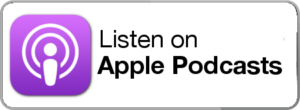A seated Tai Chi practice can have both physical and emotional health benefits. Tai Chi instructor, Ralph Somack, has taught tai chi to seniors, people with dementia, stroke survivors, people using wheelchairs and this week…
A contemplative practice includes meditation, prayer, mindfulness, yoga, tai chi or qigong, journaling or anything that helps ground you. Some people use affirmations while others use music to help them ease into a more tranquil…
Believe it or not, this episode has nothing to do with the recent U.S. election. We’re celebrating the 100th podcast episode of the Glass Half Full. But feel free to celebrate our right to vote…
Are you feeling stressed out? With all that’s going on in the world — pandemic, civil unrest, job loss, hurricanes, wild fires — it’s difficult to avoid stress. Laughter therapy, or laughter yoga, might help…
A retired nurse, physical and yoga therapist, and mental health professional offer strategies for coping with uncertainty, anxiety, and all those other emotions caught up in this season of the pandemic. Verla Fortier, author of…
In 2018, a research study found that at least 36% of Americans were sleeping less than seven hours each night. Inadequate sleep can lead to a number of physical and/or emotional conditions. Some common sleep…
Do It Yourself: Cannabis
- January 18, 2019
- Tagged as: cannabis, Do It Yourself, self-care, sleep
Need help with sleep? David — resident DIY expert — explains how to decarb, squish, and infuse cannabis. Unfamiliar with these terms? No worries. These terms, and more, are explained for the novice. Podcast episode,…
- Alternative Healing Modalities
- Coping
- Mental Health
- Music and the Arts
- Podcast Episodes
- Relaxation
- Spirituality
Sound Therapy: I had to do this every day if I wanted to become well again
- June 24, 2018
- Tagged as: anxiety, bipolar disorder, chronic pain, depression, fibromyalgia, meditation, nervous system, neuroplasticity, relaxation, sleep, sound, stress, therapy, wellness, yoga
Sound Bath? Sound Meditation? Sound Symphony? Sound therapy has become a wonderful tool to access deep relaxation. For many, it is a gateway to meditation. Melissa Felsenstein of Inner Sounds Meditation shares her story of…
Baxter Bell, MD is not just a family medicine physician, he’s also a certified acupuncture practitioner and yoga therapist. Together with co-author, Nina Zolotow, they wrote the book, Yoga for Healthy Living: A Guide to…
Gareth Walker, in northern England, works as a police officer and has progressive multiple sclerosis. His daily practice of mindfulness meditation enables him to navigate the physical and emotional difficulties of living with a chronic…







